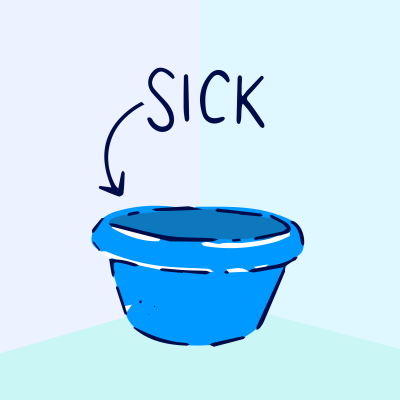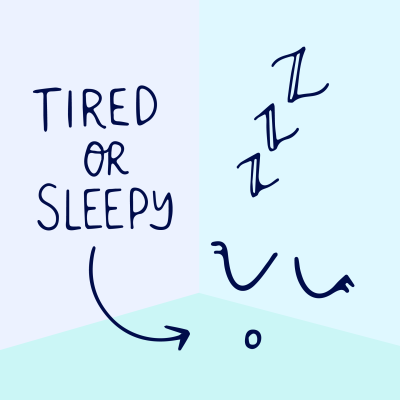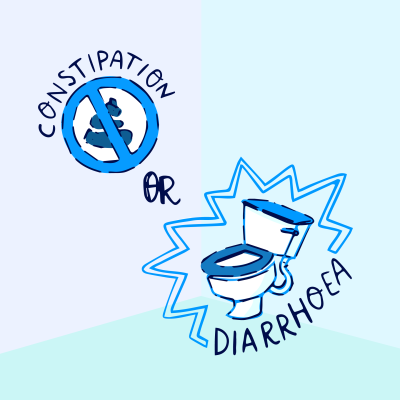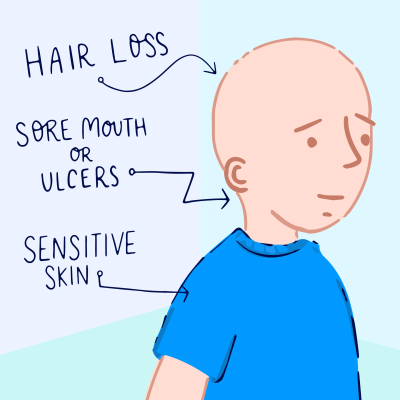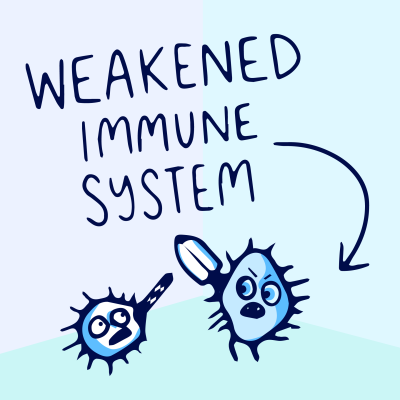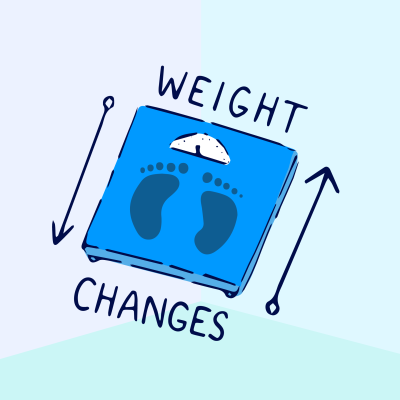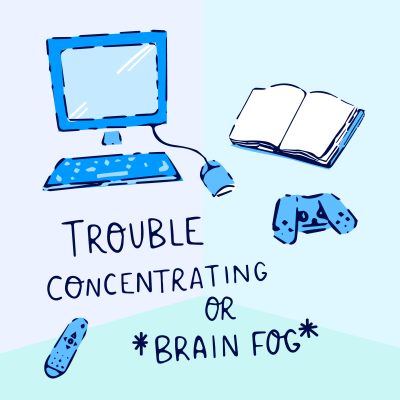Side effects of chemotherapy
Find out about different side effects of chemotherapy you might experience during treatment, what might help you to feel better, and who can support you.
- Chemotherapy, or chemo, can cause some side effects
- It affects everyone differently, but it can be tough
- Some common side effects can be feeling sick, losing hair and feeling tired
- You should always talk to your clinical team if you’re feeling unwell during your chemo treatment
What are the side effects of chemotherapy?
Feeling sick
Some chemo drugs can make you feel rough. Let your doctors know if you do feel sick – they can give you medicines to help. In general, try to eat small, frequent meals whenever you feel best, relax after eating, get plenty of fresh air, and avoid strong smelling foods and your favourite foods (they won’t be your favourite foods for long if you eat them when you’re not feeling great).
Feeling tired
Some treatments – especially chemotherapy – can leave you feeling wiped out. This can be frustrating but try and be patient. Take time to recover. Eat well. Sleep often. Don’t overdo it. And try to stay active – sometimes even a walk can help you feel more awake.
Mouth problems
You might get mouth ulcers or have a sore mouth and/or throat during chemo. Sucking on red ice pops relieves pain (but only the red ones – citric acid in yellow and orange ones can make your mouth worse). So does avoiding crunchy food and very hot food or drinks, and a children’s toothbrush can also make it easier to brush your teeth.
Bowel problems
Chemotherapy can make you constipated or give you diarrhoea. Let your care team know if this is happening, as they can give you advice on how to make this better.
Hair loss
Even if you’re expecting it, losing your hair can be a shock. It can happen during chemotherapy and radiotherapy (though it doesn’t happen to everyone). You might find it helps to experiment with shorter hairstyles, treat yourself to scarves and hats, speak to other young people through a support group, or show the world that bald is beautiful. Someone in your care team (for example your Youth Support Coordinator) should be able to let you know about great projects that can provide wigs for you.
Low blood counts
Chemotherapy works by killing fast-dividing cells, including cancer cells. But it also knocks out healthy cells, including the cells that help your blood work properly. This can result in:
- low numbers of platelets (these are the cells that make your blood clot, so you may be more at risk of bruising or bleeding)
- low red blood cells (these carry iron and oxygen, so you’re more likely to feel tired or breathless and look pale)
- low white blood cells (these help the body fight infections, so you’re more vulnerable to getting an infection while on chemo).
Platelets and red blood cells can sometimes be replaced by having a transfusion, but white blood cells can’t, so it’s important to be extra careful to protect yourself against infections. You’ll have frequent blood tests throughout your treatment, and your nurses will be able to teach you how to look after yourself and what to look out for.
Losing weight
If treatment is making you feel sick or affecting your appetite so you struggle to eat, speak to your care team. They might put you in touch with a dietician who can help. Also try to eat small, frequent meals, cut food up small, eat with other people to take your mind off food and keep a sick bag nearby, just in case. High-calorie foods (cheese, milkshakes, ice cream), energy drinks and protein-rich foods (beans, eggs, fish, meat) can also help.
Gaining weight
Some treatments – particularly steroids – can cause you to put on weight. This is usually temporary, and it’s really important you don’t avoid eating to try and stop putting weight on. Try to focus on eating healthily, filling up on fruit and veg, drinking lots of water and being active when you can. Wearing clothes you feel comfortable in and talking about how you feel can help too. You’ll be able to think about losing any weight once treatment is done.
Chemo brain/brain fog
These aren’t medical terms, but some people say during chemo they get spaced out, struggle to concentrate or find it hard to think clearly. If you feel like this, keep yourself safe – no driving. Putting reminders in your phone or a diary can help. Symptoms tend to improve after chemo, but talk to your care team if you’re worried.
Sex and chemotherapy
If you’re having chemotherapy or having sex with someone who is, always use a condom – even for oral sex, and even if you’re using other contraception. That’s because it’s possible to pass on chemicals from chemotherapy drugs during sex. It also minimises the risk of getting infections.

